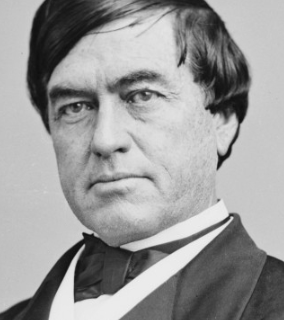Cassius Marcellus Clay (October 19, 1810 – July 22, 1903) was a 19th-century American politician and anti-slavery advocate from Kentucky. Not to be confused with the boxer Muhammad Ali (who was born Cassius Marcellus Clay Jr.), this Clay played a significant role in the abolitionist movement in the southern United States.
Here’s a summary of his life and contributions:
Birth and Early Life
Cassius Marcellus Clay was born into a prominent slave-holding family in Madison County, Kentucky. Despite his family’s involvement in the practice, he became a staunch abolitionist, advocating for the emancipation of slaves. He was educated at Transylvania University and then at Yale College, where he was influenced by abolitionist sentiments.
Anti-Slavery Campaigns
In 1845, Clay began publishing an anti-slavery newspaper called “The True American” in Lexington, Kentucky. Due to threats from pro-slavery groups, he fortified his office with cannons. Eventually, he was forced to move the publication to Cincinnati, Ohio, a safer location, but he continued his anti-slavery advocacy.
Political Career
Clay served three terms in the Kentucky House of Representatives, where he advocated for gradual emancipation. His views, unsurprisingly, made him unpopular among many in Kentucky, and he faced multiple violent threats, including assassination attempts.
Senior Diplomat to Russia
In 1861, President Abraham Lincoln appointed Clay as the U.S. Minister to Russia. Clay played a crucial role in ensuring that Russia did not support the Confederacy during the Civil War. He is also credited with a role in the U.S.’s acquisition of Alaska from Russia in 1867.
After the Civil War and the abolition of slavery, Clay focused on other issues, including women’s rights. He donated land to establish Berea College in Berea, Kentucky, the first integrated college in the southern United States.
Death and Legacy
Cassius Marcellus Clay died in 1903 at the age of 92.
Throughout his life, Clay was known for his fiery oratory, uncompromising stance against slavery, and willingness to risk his life for his beliefs. His legacy is one of courageous advocacy for freedom and equality.

























